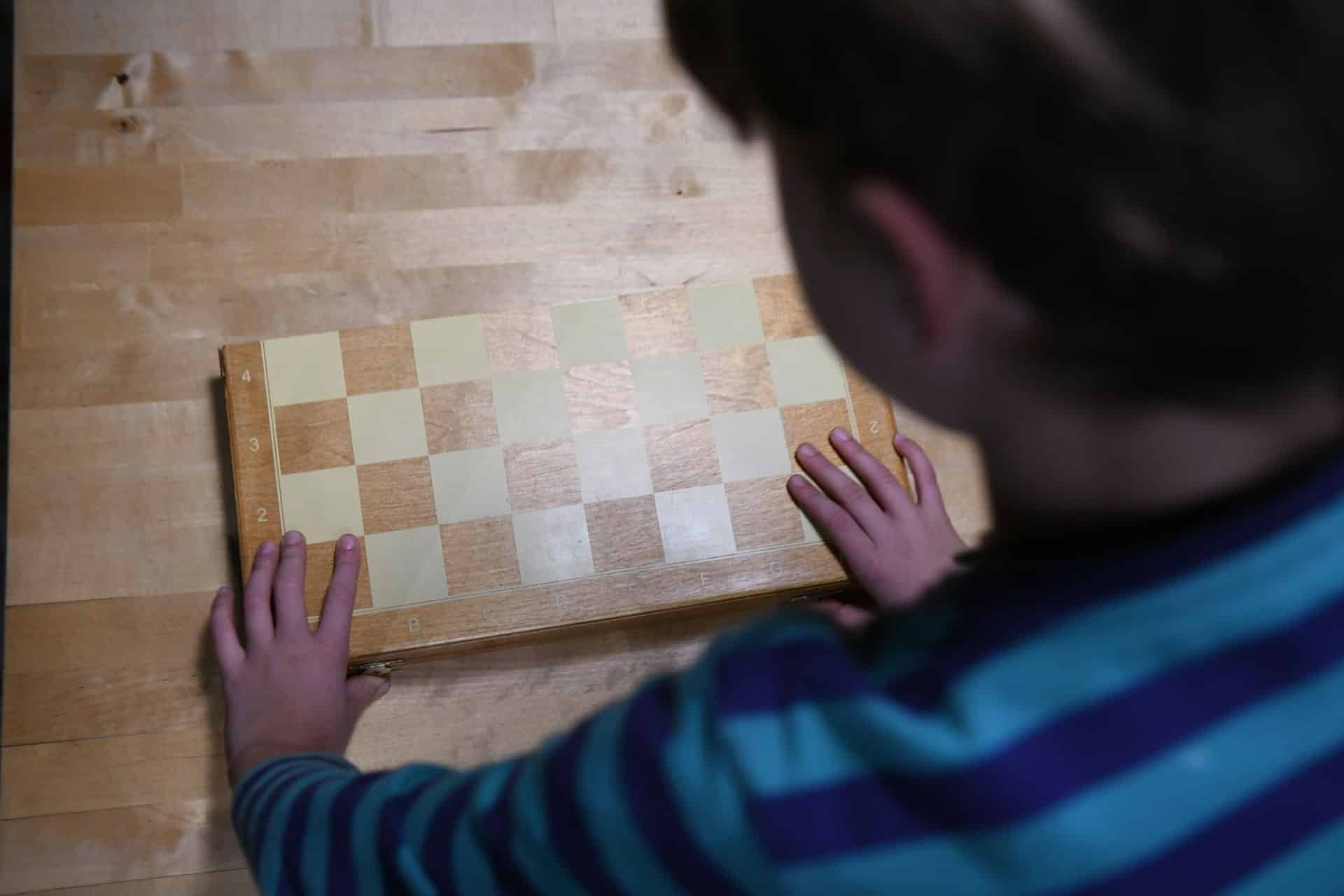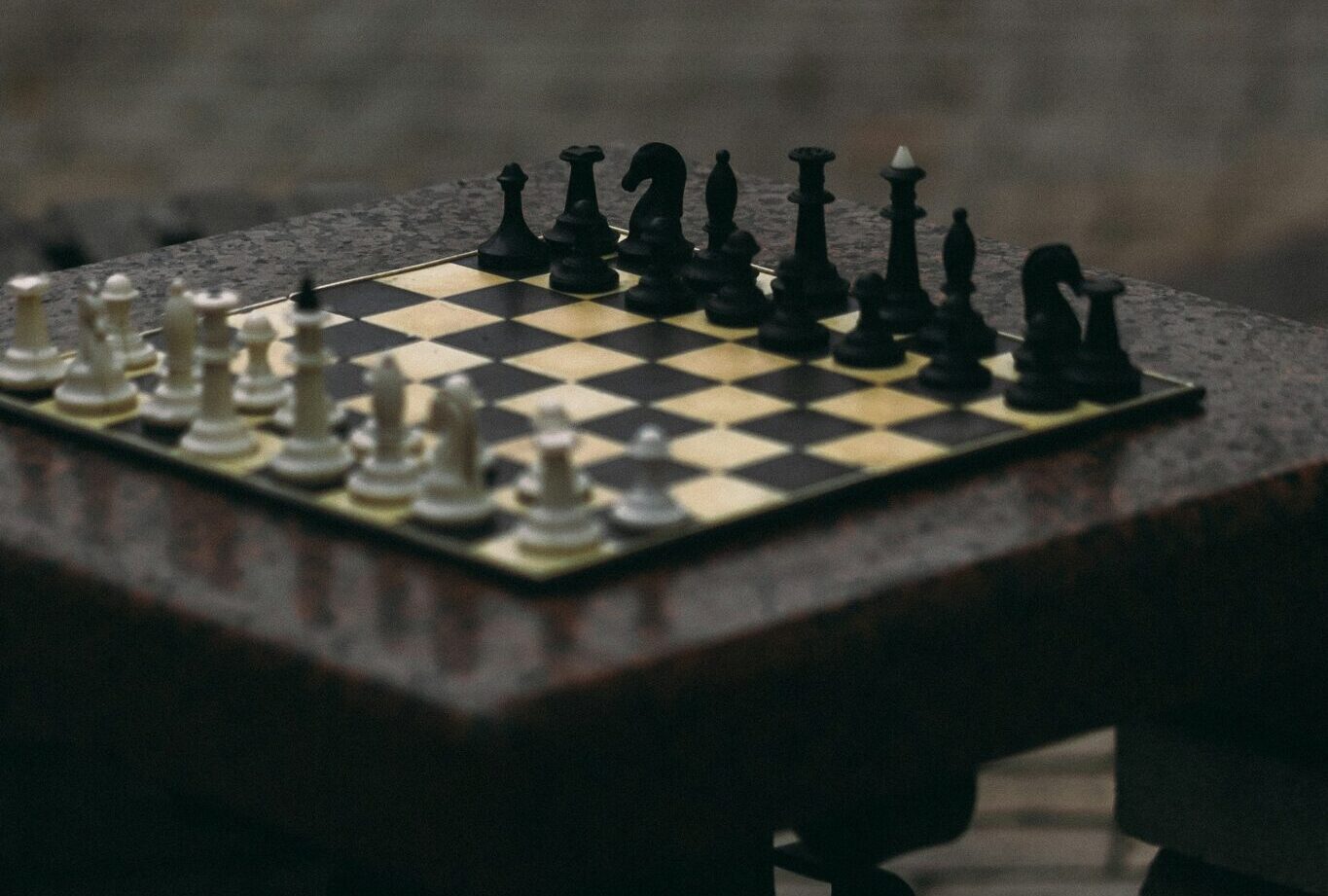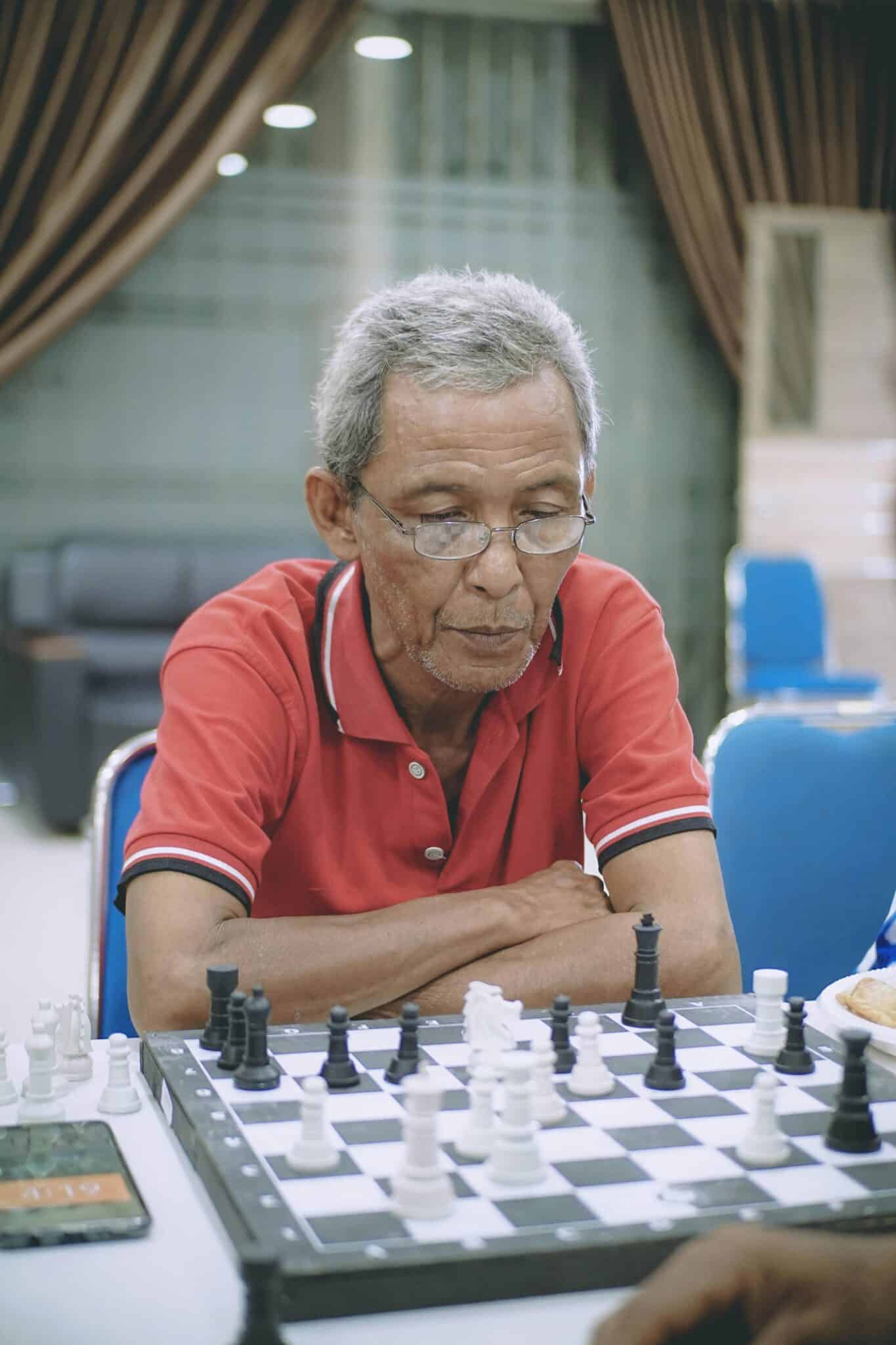In an age where academic success is highly valued, students are constantly seeking methods to enhance their critical thinking and problem-solving skills. One activity that is increasingly being recognized for its educational benefits is chess. This centuries-old game has long been revered for its ability to sharpen the mind and improve cognitive abilities, making it a valuable tool in the educational development of students.
For students balancing school, assignments, and homework, incorporating chess into their routine can be a game-changer. The critical thinking skills developed through chess often translate directly to improved performance in studying and other academic endeavors. Moreover, for those who may find themselves overwhelmed, services like EssayPro will write your essay in 3 hours can provide the support needed while students focus on enhancing their intellectual skills.
Table of Contents
The Impact of Chess on Critical Thinking
Enhancing Problem-Solving Abilities
One of the primary benefits of chess in education is its ability to enhance problem-solving skills. In chess, players are constantly challenged to think several moves ahead, anticipate their opponent's strategies, and come up with the best counter-moves. This process mirrors the analytical thinking required in studying subjects like mathematics, science, and even writing college essays. By regularly playing chess, students naturally develop a stronger ability to analyze complex problems and find effective solutions—abilities that are crucial in academic settings.
Beyond just solving homework, chess teaches students to approach problems methodically, considering all possible outcomes before making a decision. This is particularly useful when working on difficult assignments or preparing for exams.
Improving Memory and Concentration
In school, memory retention and focus are critical for success, particularly in subjects that require constant studying, such as history or biology. Chess challenges students to remember various moves, strategies, and outcomes, all of which improve their memory. Additionally, the concentration required to play chess—focusing on the game for long periods—transfers directly into better focus on schoolwork and assignments.
Through repeated chess practice, students become more disciplined in managing their focus. This, in turn, helps them stay on track with their homework and assignments, even when distractions arise.
Chess and Strategic Thinking in Education
Developing Strategic Thinking
Chess is often regarded as the ultimate strategy game. Players must devise a long-term plan, anticipate potential roadblocks, and adjust their approach when necessary. In the educational context, this strategic thinking is invaluable. Students who excel in chess often show improvements in planning and organizing their studying routines, leading to more efficient time management. When faced with large projects or difficult assignments, these students are better equipped to break down tasks and approach them strategically.
Students learn to apply the same strategies to their academic goals, such as planning out study sessions ahead of exams or prioritizing tasks to meet tight deadlines.
Building Resilience and Patience
Chess is a game of patience and resilience. Players may face setbacks during a match, but they must learn to recover and adjust their strategies. In education, resilience is key, especially when students face academic challenges, such as a difficult subject or overwhelming college coursework. Chess teaches students to stay calm under pressure, analyze their mistakes, and find new approaches to overcome obstacles.
This resilience is also vital in balancing multiple assignments and school activities, as students learn not to give up but to stay persistent in achieving their goals.
Chess as a Tool for Academic Success
Improving Academic Performance
Studies have shown that chess can improve academic performance across various subjects. By honing students’ critical thinking, memory, and concentration, chess gives students a mental edge that translates into better test scores, more insightful essays, and greater success in overall learning. The mental discipline and strategic planning involved in chess can also help students with time management, ensuring that they meet deadlines and manage their school assignments more effectively.
In addition to improving grades, chess can be a relaxing and intellectually stimulating activity that serves as a break from the traditional academic routine.
Promoting Lifelong Learning
The benefits of chess extend beyond school. For students who embrace chess as a lifelong activity, they continue to develop cognitive skills that are essential for academic and professional success. Whether pursuing higher education, such as in nursing, or entering the workforce, students can apply the critical thinking and problem-solving skills acquired through chess to real-world challenges. For those juggling responsibilities, such as college and work, skills like strategic thinking, concentration, and resilience are essential.
Moreover, chess promotes a love for learning and intellectual curiosity that stays with students long after they leave school.
Conclusion
Incorporating chess into students' daily routines offers a wealth of benefits, from improved memory and concentration to enhanced problem-solving and strategic thinking. It not only helps students excel in their studies but also prepares them for future challenges in both academic and professional settings. For students seeking extra support in their academic journey, services offering nursing assignments help can provide valuable assistance.





